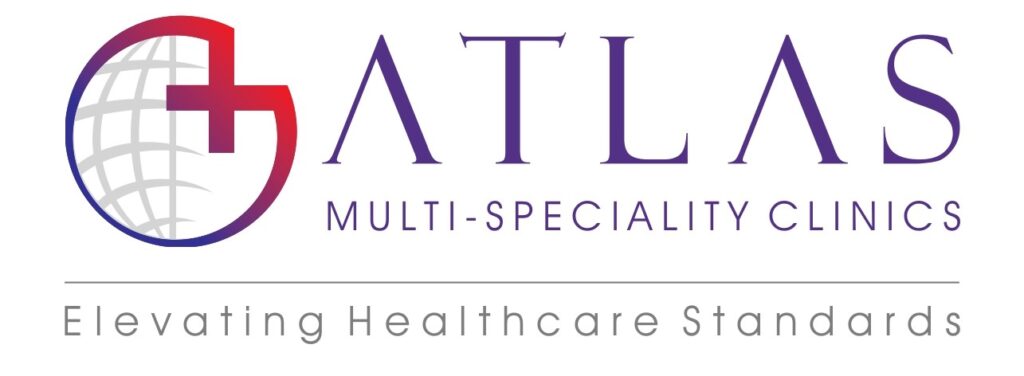Addison’s disease or primary adrenal insufficiency is a rare and chronic medical condition characterized by inadequate cortisol and aldosterone hormones in the adrenal glands. These hormones are crucial in maintaining balance, managing stress, and regulating blood pressure. When their production is insufficient, it can lead to various health issues and require lifelong management. Let’s delve into Addison’s disease’s symptoms, causes, diagnosis, and treatment.
Symptoms:
- Fatigue and Lack of Energy: Individuals with Addison’s disease often experience persistent fatigue, feeling tired even after sufficient rest.
- Muscle Weakness: A common symptom is muscle weakness, particularly in the arms and legs.
- Low Mood or Depression: Mood changes and sadness or depression may occur.
- Loss of Appetite and Unintentional Weight Loss: People with Addison’s disease may have a decreased appetite and experience weight loss without trying.
- Increased Thirst: Excessive thirst and frequent urination might be observed.
- Dizziness: Addison’s disease can cause lightheadedness or dizziness, primarily upon standing.
- Fainting: Some individuals may experience fainting spells due to low blood pressure.
- Muscle Cramps: Muscle cramps and pain are common symptoms.
- Extreme Exhaustion: Fatigue can progress to severe exhaustion and an inability to carry out daily routine.
Causes:
The primary cause of Addison’s disease is the destruction of the adrenal glands’ outer layer, known as the adrenal cortex. This destruction is often the result of an autoimmune response, where the body’s immune system mistakenly attacks and damages its tissues.
In some cases, other factors can contribute to adrenal insufficiency, including infections (e.g., tuberculosis or fungal infections), cancer that affects the adrenal glands, hemorrhage (bleeding) into the adrenal glands, or genetic factors that lead to abnormal adrenal development.
Diagnosis:
Diagnosing Addison’s disease involves thoroughly evaluating the patient’s medical history, physical examination, and various tests. Standard diagnostic tests include:
- Blood Tests: Measuring sodium, potassium, cortisol, and ACTH (adrenocorticotropic hormone) in the blood to assess hormone levels and adrenal function.
- ACTH Stimulation Test: Evaluating the adrenal glands’ response to synthetic ACTH helps determine how well they produce cortisol.
- Insulin-Induced Hypoglycemia Test: This test measures blood glucose levels before and after the injection of fast-acting insulin to assess the body’s cortisol response to hypoglycemia.
- Imaging Tests: Computed tomography (CT) scans, or magnetic resonance imaging (MRI) can visualize the adrenal glands and identify any structural abnormalities or signs of infection.
Treatment:
Addison’s disease is a chronic condition that requires lifelong management. Treatment typically involves hormone replacement therapy to replace the deficient hormones. Synthetic cortisol (hydrocortisone) is used to replace cortisol, and synthetic aldosterone (fludrocortisone) is administered for aldosterone replacement. These medications help restore hormonal balance in the body.
Patients with Addison’s disease may need to follow a high-sodium diet, especially during periods of illness or stress, as low sodium levels can be dangerous. Those on cortisol replacement therapy may also require adequate calcium and vitamin D intake to maintain bone health.
Regular follow-ups and monitoring with healthcare providers are crucial to ensure optimal hormone levels and effectively manage potential complications.
In conclusion, Addison’s disease is a rare but treatable condition that affects the adrenal glands’ hormone production. Recognizing the symptoms, undergoing proper diagnostic tests, and adhering to lifelong hormone replacement therapy can help individuals with Addison’s disease lead fulfilling lives with well-managed symptoms and improved overall health.


